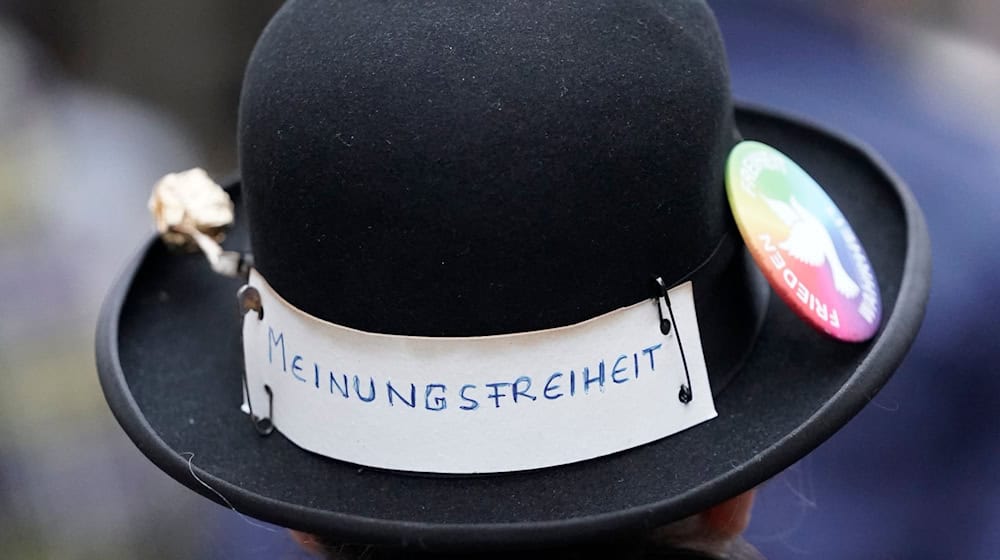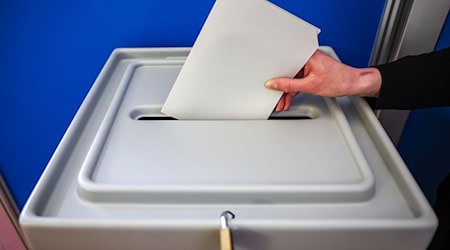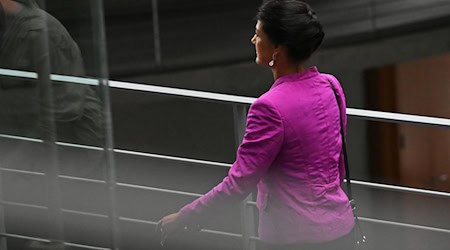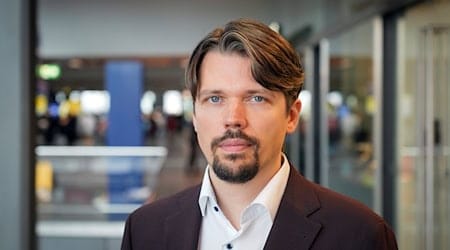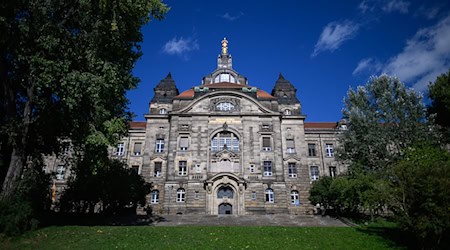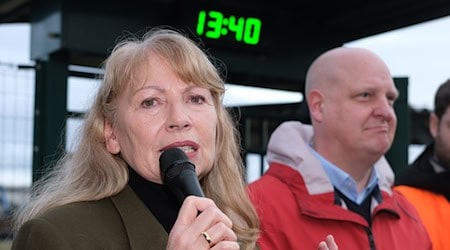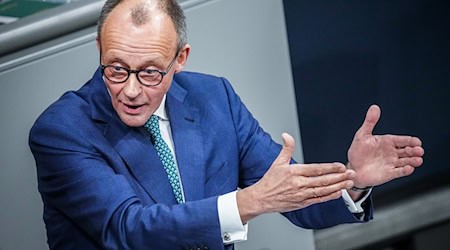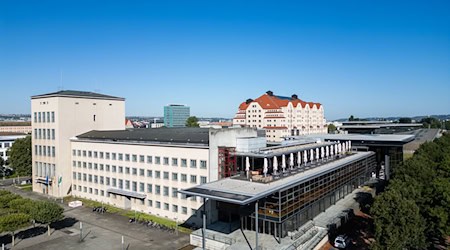Some leave pauses in speech for the inline I, others are annoyed by it. Some feel they are not heard enough, others are annoyed. Some castigate alleged speech bans, others feel hurt by thoughtless speech. And everyone seems to feel most comfortable in their own bubble, on their own side of the debate. Can we get out of it and back into the conversation? The authors' association Pen Berlin is launching an attempt ahead of the state elections in eastern Germany.
This Monday, the series "It's still okay to say that - conversations about democracy and freedom of expression" begins in Chemnitz with a total of 37 events in small and medium-sized eastern German cities. The format is: two (potentially) disputants, a moderator and the audience.
"Audience participation is at the heart of the series," says Pen Berlin spokesperson Deniz Yücel. "In the best case scenario, people who didn't think this was possible will get into conversation with each other."
Between Suhl and Eisenhüttenstadt
Pen Berlin has recruited 118 writers, journalists and artists for the series, which runs until September 19. It starts in Chemnitz with two publicists who have recently had a lot to say about the East-West debate: the historian Ilko-Sascha Kowalczuk and Dirk Oschmann, author of the bestseller "Der Osten, eine westdeutsche Erfindung".
On other panels between Suhl and Eisenhüttenstadt, Zwickau and Döbeln are some of the best-known East German voices, including the writers Anne Rabe, Ines Geipel, Katja Lange-Müller and Monika Maron.
Because one thing is clear: East Germany is about East Germany. It's about misunderstandings and resentment, about the agitated mood, anger and annoyance ahead of the state elections in Thuringia, Saxony and Brandenburg in September.
But not only that. Cultural figures born in the West, including Juli Zeh, Michel Friedman, Pina Atalay and Harald Martenstein, will also be taking part in the discussion. The aim is not party politics, but "real, even tough conversation", says Pen Berlin spokesperson Eva Menasse.
In times of outrage
The organizers are concerned about survey results that show that fewer and fewer people feel they can express their opinions freely in Germany. In 1990, according to Pen Berlin, 78% of respondents said this, while 16% thought caution was required. In 2023, only 40% of respondents in an Allensbach survey said that freedom of expression was a given, while 44% thought it was restricted. How can this be at a time when seemingly anyone can say anything at any time on social networks?
Is "cancel culture" - the muzzling of dissenting opinions - a reality in Germany or just a fighting term? "I believe both," answers Yücel. Freedom of opinion is often confused with "freedom from contradiction" according to the motto: criticism means canceling. "On the other hand, the willingness to outrage is high, combined with the tendency to draw the boundaries of what is considered permissible expression of opinion ever tighter."
Yücel also notes that he would have liked more writers and journalists to take part in the series of talks, who themselves complain about restrictions on freedom of expression. "But we can't do more than invite them," says the organizer. He now hopes that this position will be taken by the audience, "where the perceived restriction of freedom of expression leads to a turning away from democracy". That's why they don't meet in Berlin-Mitte, but in Sonneberg, Pirna or Schwedt.
Copyright 2024, dpa (www.dpa.de). All rights reserved

